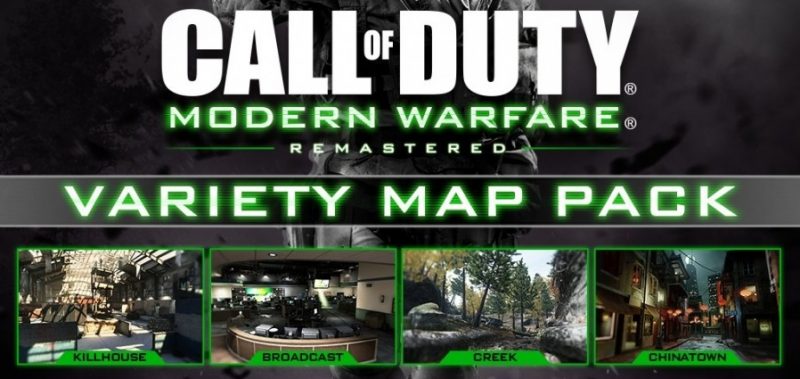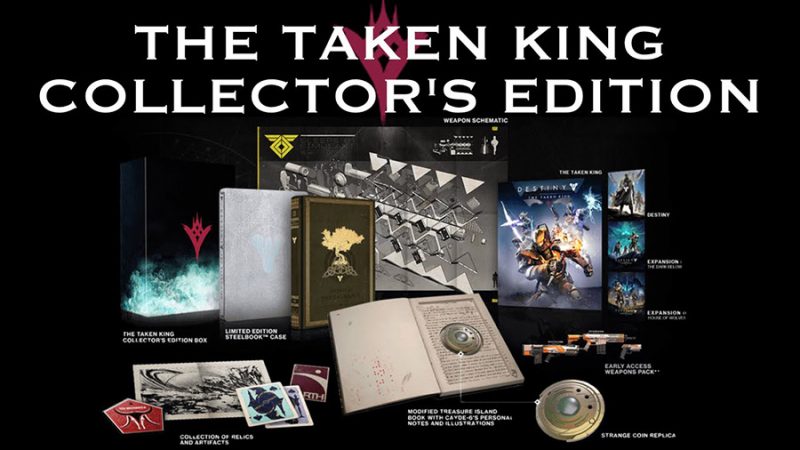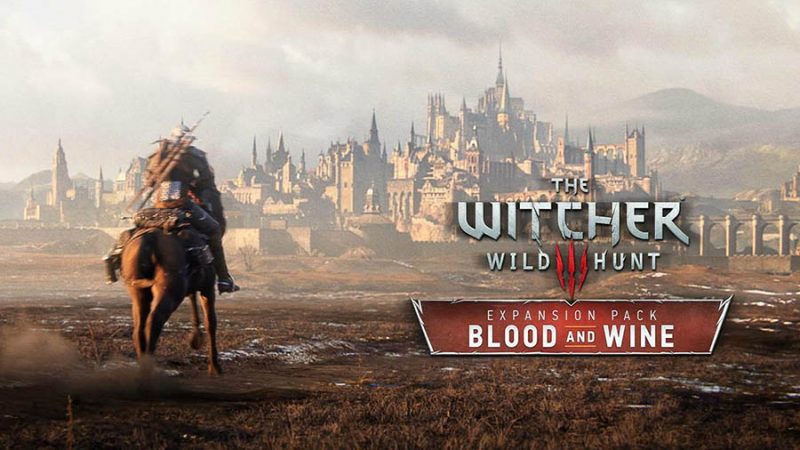It’s not always easy to come up with content for the internet, whether it’s choosing a game to stream, ideas for a video piece or a topic to write an article on. Luckily for me something popped up on Twitter this week that started a conversation and really got me thinking, so in this piece I’m going to explore the good, the bad and the ugly world of DLC in modern gaming.

In a twitter thread, Paradox Interactive’s Fredrik Wester detailed their model for DLC as “ongoing support for released games,” and it seems detractors aren’t exactly unified in their opposition to this model. One user I spoke to made an argument that having so much extra content being sold for a game acted almost as a barrier to entry, describing it as “crossing a line.” While I can understand that argument in principle as I find it difficult to get excited about starting a book series if there are already 7 thick books written, I don’t really see how that argument applies to a strategy game where the DLC available is optional to tailor your experience of the game, rather than a necessity to access the title.
Another point made is that focusing on DLC as opposed to working on a sequel isn’t offering the best value for money for gamers and honestly, I can partially agree with this point; although I originally made the counter-argument that supporting an older game with new content was better value for money, rather than charging players for a brand new version of the game where they’d have to start from scratch. But when you’ve got a game that’s 7 years old I do think there should be a cut-off point where an upgrade in graphics, gameplay and mechanics keeps the experience fresh rather than seeing a title stagnate in the face of competition.

Well, let’s assume that’s the ugly side where debate flows on the scales of consumer vs company. Now let’s take a look at the bad and we are certainly not left wanting on examples here. There’s the tale of Activision’s decision to remaster Call of Duty: Modern Warfare, where they also remastered the games additional multiplayer maps but didn’t add them as part of the game. Not only did they sell these maps as DLC to the remaster but they also increased the price by $5 compared to how much they originally sold for.
We could also delve into EA and Maxis’ decision to release new Sims games, but with the amazing idea of removing features available in previous versions and selling them as part of future expansion packs. So if you wanted to buy a hot tub for your sims in the third iteration, you were fresh out of luck unless you purchased Late Night, Outdoor Living, Showtime, Seasons, Island Paradise or Into the Future. Want a diving board? Sorry, that’s only available in the Seasons expansion! But I think the most egregious example I can think of from recent years is the first Destiny game and the story locked behind a DLC paywall. (Don’t fire me, boss man)

This wasn’t the only issue that irked gamers with this title, but it was pretty telling that the focus was money with this decision. Every week Bungie rotated strikes categorized as Heroic or Nightfall for players, and also reset the rewards on Raid progression. These were integral to continual player progression and the ability to purchase better perks and inventory items. The problem was that if you hadn’t purchased The Dark Below DLC, you were locked out of all of this. Even worse was, they didn’t stop this practice entirely. Although they changed it so those without the extra content could participate, however because of the cycle, there would be times where those who hadn’t coughed up the extra would be denied progression and even locking non-DLC owners out from buying new Exotic items from a character called Xur.
The controversy continued with Bungie’s announcement of The Taken King expansion, in which those who purchased the Collectors Edition for $80 got the base game & all expansions as well as illustrations, artifacts, items, shaders and emotes. Those who had been playing the game for some time and wanted the new expansion could do so by purchasing the DLC alone for $40. But then they’d miss out on all the extras that came with the more expensive edition while being forced to purchase the game and previous expansions again. To say their fans were angry would be putting it lightly and Bungie eventually had to apologize and walk back this pricing structure, allowing longtime fans access to the lore and game-enhancing goodies.

Now that we’ve touched on the bad, where developers/publishers focus on the dollar signs rather than the content and the fans of the game, we can finally take a look at the good. When does the gaming industry get DLC right? I think the prime example of this in modern memory is The Witcher 3 – Blood and Wine. Adding a further 30 hours to a game already with 50 hours worth of main story, this could easily have been considered a separate title in itself. But with a price-tag that was a fraction of the base game, it certainly offered value for money in time spent at the very least and, from the critical acclaim that followed the release, in quality of gameplay too. The expansion spun its own tale collecting seemingly localized stories into a larger threat, adding several touches to help you along your way from a vineyard, which could produce further amenities to aid you in your quest, to new armor sets, mutations and abilities. Although it didn’t massively change the combat system, these new features gave you something interesting to sink your experience points into to advance your game experience, and the last thing you want with an expansion is big changes to combat when you’ve spent so long honing your skills with the base game.
Well now we’ve gone over how DLC has been handled recently, how can gamers reduce the risk of being hoodwinked or ripped off? I’d suggest the best approach is always to wait; if something new is coming out, wait for reviews from unaffiliated names that you trust to see what they think. Stay away from pre-orders and season passes. Sure, you might miss out on that free exclusive skin, but if the game or DLC turns out to be trash and you quit playing, are you really getting the benefit? At the end of the day it’s your money and if you’ve got enough to spend then you don’t have much to worry about, but if you’re on a budget it couldn’t hurt to sit and wait for the canary in the coal mine.
What have been some of your favorite DLC’s and why did you like them? What DLC have you been disappointed with? Get involved with the conversation and let me know what you think in the comments.


